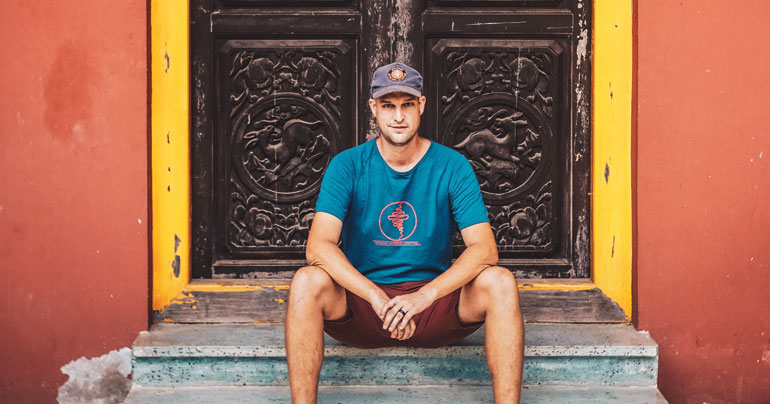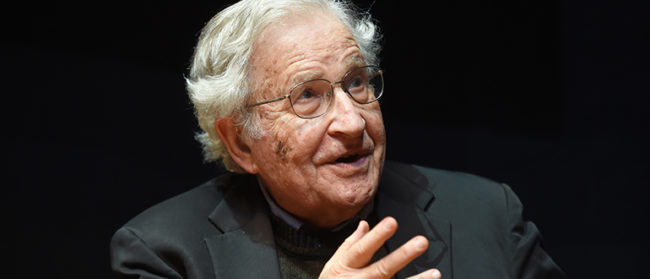Set among a lush backdrop of mountains, rivers and jungle are the headquarters of Myanmar Adventure Outfitters (Mao), an ethical adventure tourism company started by the American-Canadian couple Byron and Eileen Hartzler. The idea for Mao, which trains and employs local people, came to them when they’d been working on a project with young Shan teachers at the border, where they witnessed a flood of young people travelling from Myanmar into Thailand, hoping for a better life. They also learned how these migrants are exploited overseas.
“People in neighbouring nations don’t hire uneducated Myanmar people who don’t speak their language for any other reason than exploitation,” Byron told Southeast Asia Globe. “We’d heard stories of slavery, families selling their children, forced prostitution… many terrible situations. This gave us the idea of creating economic opportunity in rural communities of Shan state, from where most of these people are leaving.”
Mao offers adventure trips that include hiking, stand-up paddleboarding, waterfall explorations, motorcycling and overnight village stays. Their mission is to create a local non-agricultural economy while generating funds that help communities invest in development.
Mao is also focused on education. “We’ve invested in one community, helping expand their school size so that their kids can stay in the village and complete middle school,” said Byron. They also help with boarding-room fees for high school students.

Mao strives to preserve local culture as it brings the tourists to areas that are off the popular tourist trails. The village stays afford guests an intimate peek at the lifestyle and rituals of a traditional village, and their donations go toward developing these communities.
But Mao has hit a snag with the popular international condemnation of the atrocities committed by Myanmar’s military against the Rohingya minority, and the government’s handling of the crisis, which has led to boycotts and the perception of Myanmar as an unethical place to spend tourism dollars.
“We are trying to create an ethical option in a small corner of Myanmar that no one knows about,” said Byron. “Typically tourists go where the crowd goes, assuming that if everyone else is going there, it must be the best place to go.”
Civil unrest in the region also is a problem that has kept the tourists away. Mao is based in Lashio, the largest town in northern Shan state, which is relatively safe but not far from less stable areas. The province is home to several armed ethnic militias, some of which control large swathes of territory.
Despite the challenges, Byron said the impact on individuals and communities in the region makes it all worth it.
“We are really in the process right now of vision casting and considering what the next stage of growth will be,” said Byron. “We love the Lashio area, and hope to be based here for some time, because we love to create opportunity in places with little opportunity. We see so many worthy communities dotted all over this beautiful landscape.”


